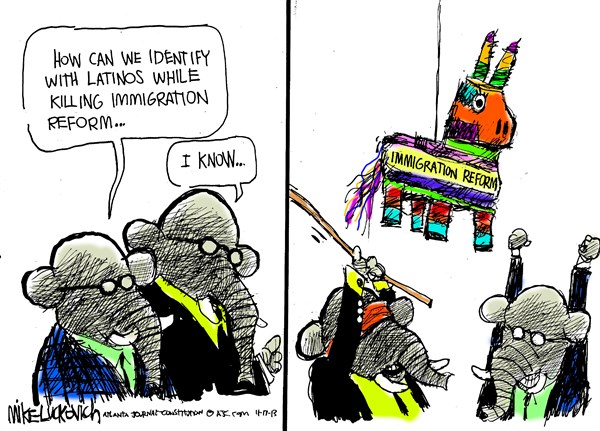
Saturday, November 23, 2013
Neologism Watch: Sousveillance
Jerry Brito this week has a great column on the idea of "sousveillance":
"Sousveillance is the recording of an activity by a participant in that activity, and it can be thought of as the inverse of surveillance. The word “sur” in French means “over” or “above,” hence surveillance is “watching from above” or “overseeing.” The word “sous,” by contrast, means “under” or “below.” To date, “veillance” has only been available to the powerful–whether through corporate or government CCTV cams perched atop buildings or utility poles–but with the advent of cheap wearable computers we will all soon be able to point a camera back at the powers that be from below."Rapid adoption of technologies like smartphones, drones, and small wearable cameras really does necessitate an unpacking of the concept of veillance into more specific sub-categories. Sousveillance is creative, and provides a nice logical opposite to big institutional observation and recording. There's clearly still space in the middle, however, that remains undefined and murky. What should we call veillance that's carried out by individual participants but sponsored and organized by big institutions (Google maps, or police squad car cameras)? What about sousveillance that's collected in a disorganized distributed way but aggregated by central institutions?
Labels:
Neologism Watch
Wednesday, November 20, 2013
Judge Pushes Back Against Nuclear Waste Regulatory Kludge
The question of what to do with nuclear waste has long bedeviled policymakers and industry participants. The stuff has been stored on-site in temporary pools since the 1980s, but power companies have been steadily paying into a government fund to develop a long-term solution. Most of the money has been spent researching and building a proposed geologic repository at Yucca Mountain in Nevada, which was cancelled by President Obama (a move undoubtedly driven by Harry Reid's clout and Nevada's early place in the presidential nomination process). It's an excellent example of kludgeocracy in action: no political majority exists to stake a risky position on changing the status quo, so we're left with an increasingly outdated and dangerous waste storage policy.
But in a rare move of governmental sanity, a federal judge ordered a halt to the collection of the storage tax:
Nuclear energy exists within an insane regulatory thicket of competing and contradictory subsidies and hindrances. Action to combat climate change and institutional links to military research helps the industry. Conversely, the ban on waste reprocessing (established after India detonated a bomb built from reprocessed spent fuel) severely limits the creation of a safe nuclear energy industrial ecosystem.
Halting the storage tax is a small step towards simplifying everything, but it seems that until cheaply available space flight opens up a safe alternative to geologic storage and reprocessing (shooting waste into the vastness or sun), we're stuck with a situation that's becoming increasingly dangerous and unsustainable.
But in a rare move of governmental sanity, a federal judge ordered a halt to the collection of the storage tax:
"A federal appeals court ruled Tuesday that the Energy Department must stop collecting fees of about $750 million a year that are paid by consumers and intended to fund a program for the disposal of nuclear waste. The reason, the court said, is that there is no such program."An interesting question now is whether this development will help or hurt nuclear energy's competitive prospects. On the one hand electricity generated by nuclear fission becomes cheaper, albeit marginally. On the other hand, the industry finally loses all pretense of on-site storage pools as "temporary".
Nuclear energy exists within an insane regulatory thicket of competing and contradictory subsidies and hindrances. Action to combat climate change and institutional links to military research helps the industry. Conversely, the ban on waste reprocessing (established after India detonated a bomb built from reprocessed spent fuel) severely limits the creation of a safe nuclear energy industrial ecosystem.
Halting the storage tax is a small step towards simplifying everything, but it seems that until cheaply available space flight opens up a safe alternative to geologic storage and reprocessing (shooting waste into the vastness or sun), we're stuck with a situation that's becoming increasingly dangerous and unsustainable.
Subscribe to:
Posts (Atom)